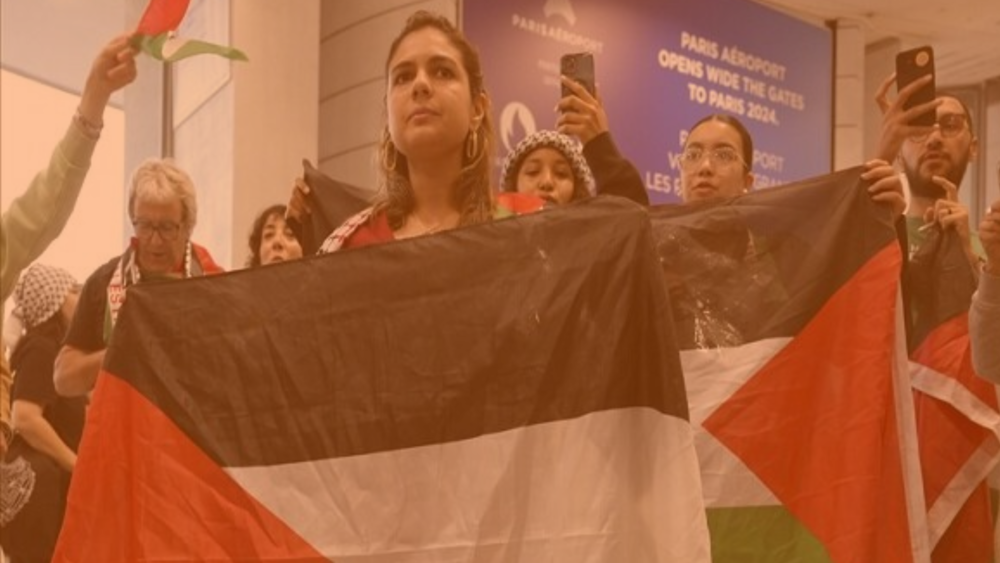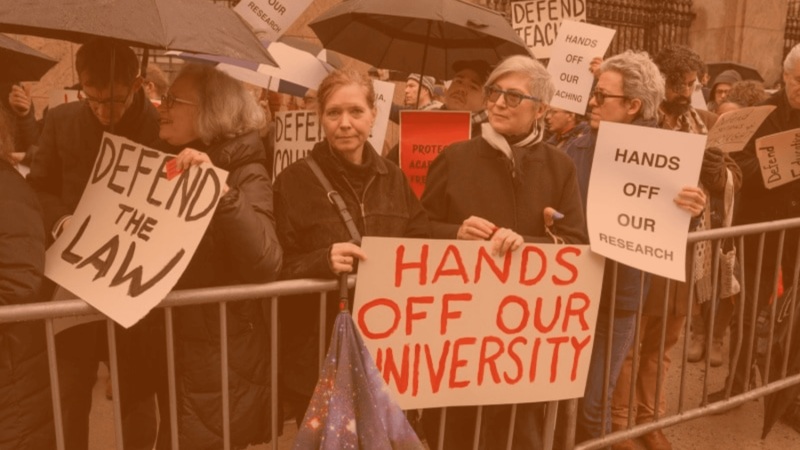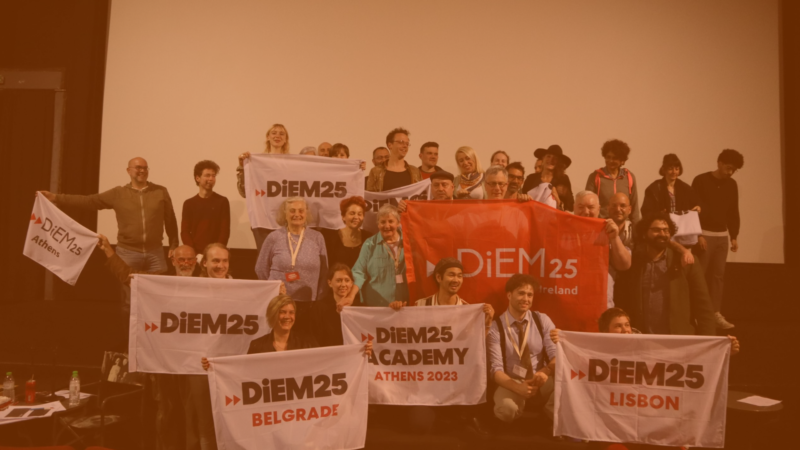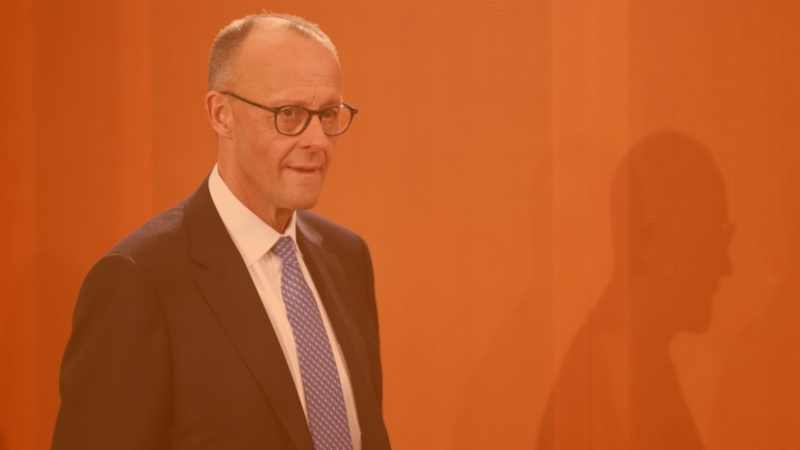DiEM25 member Fatiha Talahite was interviewed by Eva Yi from Phoenix Satellite Television Co. where she spoke about a number of topics, from the Israel-Palestine conflict, the 2024 Paris Olympic Games, the French public’s view on these matters, and how DiEM25 has been pushing for justice on these issues
-
Why do you think DiEM25 decided to launch the petition calling for suspending Israel from international sports in 2024 January? What’s the response been like in these past few months?
The answer to this question is in the text of the petition launched by DiEM25 on December 2023 to all global and European sports governing bodies which received 111,595 signatures. It called for “An immediate suspension of Israel from participation in all international sports until it fully complies with international law and sports regulations. For global and European sports governing bodies to immediately uphold their statutory obligations – especially their own rules on human rights and non-discrimination given Russian, South African and other precedents. This would include, inter alia, a ban on Israel competing at the 2024 Paris Olympics, FIFA World Cup, and UEFA’s Euro”. An “Appeal to suspend Israel from participation in international sports” was sent on 29 December 2023 to International Olympic Committee Executive Board, FIFA Council, UEFA Executive Committee, FIBA Board, FIBA Europe Board (basketball)…and all other global and European sports governing bodies.
It’s worth recalling DiEM25’s position on the Palestinian question, voted on in 2021, well before October 7. This position is set out in a detailed document that includes long term perspectives – where DiEM25 takes a stand in favour of a one-state solution – and short-term measures, to which the present petition refers.
“(..) over the past decades, the Peace process that could have delivered a two-state solution has been intentionally undermined and dismantled irreversibly. Any attempt at a two-state solution now will involve massive, and very likely violent, displacement of people and/or the formalisation of some form of apartheid. (..) Now, the unique alternative to varieties of apartheid, i.e., a SINGLE DEMOCRATIC SECULAR STATE, the first step must involve the recognition of the State of Palestine, the right of both Palestinians and Jews to live and to return to historic Palestine.”
-
What do you feel is the general attitude of the French people towards the issue on Gaza? Have you participated in any other related actions with other organisations?
In France, as in the rest of the world, there is a broad movement of solidarity with the Palestinian people, expressed in the last legislative elections in June-July 2024 with the victory of the New Popular Front (NFP), whose program includes recognition of the Palestinian state, and within this Front, the pre-eminence of La France Insoumise (LFI), a party that has clearly taken a stand for an immediate and permanent ceasefire, an arm embargo and sanctions against the Israeli government and all those who participate in the genocide (companies, organisations, Franco-Israeli citizens, including the military). An important moment was the election of the Franco-Palestinian jurist Rima Hassan to the European Parliament on the list of La France Insoumise. It should be noted that Rima Hassan’s position on the question of a one-state or two-state solution is close to that of DiEM25. Indeed, she has come out in favour of a single democratic and secular state, whereas La France Insoumise has not really made up its position on this question.
But, as in many Western countries, French opinion is divided on the question of Palestine. Support for Israel is widespread from powerful lobbies, particularly in the media, which have waged an outrageous smear campaign against the Gaza solidarity movement, accusing it of anti-Semitism.
After October 7, the French Minister of the Interior began by banning demonstrations for Gaza, but he had to give in because it was illegal. I regularly take part in demonstrations organised almost every weekend by a collective of several dozen organisations and political parties, which bring together thousands of people, as well as boycott actions, notably with the BDS movement. I have taken part in protest actions in front of the COJO (Olympic Games Organising Committee) headquarters in Saint-Denis, where several times a week, demonstrators gather to denounce the double standards and demand that Israel be sanctioned in the same way as Russia.
-
The IOC officials have been saying there’s “no question” about Israel’s participation in the 2024 Paris Olympics, and that it’s not the same case as Russia. What’s your opinion on the IOC’s position?
Numerous national and international NGOs, human rights organisations, political movements and parties, etc., including DiEM25, as I told you before, have approached the IOC to demand at the very least that Israel be given the same treatment as Russia, i.e. that their athletes march under a neutral banner and that those who took part in the genocide be banned. Petitions signed by thousands of people were sent to the IOC.
But while civil societies were largely mobilised, it’s true that no state officially lodged such a request, unlike the Western powers, who had applied to the IOC to have Russia banned from the Games. Therein lies the difference. Because, with regard to the very principles of the Olympic Games in terms of human rights, enshrined both in the fundamental principles of the Olympic Charter and in its Code of Ethics, the ban would be more justified for Israel than for Russia Indeed, the war between Russia and Ukraine is above all a confrontation between great powers, whereas in Palestine, an occupied people is the victim of genocide.
It is regrettable that no country has officially approached the IOC to request Israel’s exclusion. Not even South Africa and the countries that have subsequently lodged complaints of genocide against Israel with the International Criminal Court and the International Court of Justice. Not to mention the Arab states and, more generally, the many countries that have recognised the State of Palestine, such as China (which played a positive role in the conclusion on July 23 of an agreement between Fatah, Hamas and 12 other Palestinian organisations to set up an “interim government of national reconciliation” in Gaza after the war). Only the Palestinian Authority has done so, but very belatedly, just a few days before the opening of the Olympic Games.
-
Protests over Gaza have been spreading across the world. What’s the significance of highlighting this topic during the Olympics? Some would criticise the politicising tendency of the Olympics. What do you think?
The politicisation of the Paris 2024 Olympic Games began with the banning of Russia. The campaign for Israel’s ban demands nothing less than the same treatment for Israel as for Russia. Moreover, the Olympic Games have always been politicized. In Berlin in 1936, three years after coming to power, Hitler wanted to use the Games to illustrate the superiority of Nazi ideology and Germany. With the anti-Jewish laws of 1935, Jews were excluded, but this did not prevent countries such as the United States, France and Great Britain from taking part after timidly threatening to boycott.
Throughout the 20th century, the Olympic Games have been marked by events linked to the Cold War, wars of decolonisation, Palestinian resistance, apartheid in South Africa and protests against racism in the USA. But the example put forward to demand Israel’s exclusion is that of South Africa, excluded from the Tokyo Olympics (1964), “because it does not respect the Olympic oath and values through its practice of apartheid”, until the Barcelona Olympics (1992) when Nelson Mandela held up the Olympic flame. Indeed, the discrimination practiced by Israel against the Palestinians of the West Bank and Jerusalem, as well as the blockade of Gaza, are recognised by many experts a minima as a policy of Apartheid, aggravated since October 7 by a war of a genocidal nature.
-
The general election produced a deadlocked Parliament in France just before the Olympics. What’s the discussions been like within the DiEM25 Paris Collective?
The DiEM25 collectives in France supported the candidacy of the Nouveau Front Populaire in the last legislative elections, and this position was approved by a vote within DiEM25. We are waiting for the President Macron to appoint a Prime Minister and set up a government that meets the expectations of the French people. This could very well have been done before the Olympics, and would in no way have compromised their smooth running. On the contrary, using this global event as a pretext to maintain a resigning government with no legitimacy whatsoever, thereby aggravating the political crisis, is an act of great violence, which poses a security risk to the Olympics. The sabotage of the SNCF lines at the Montparnasse station on the eve of the opening ceremony is a case in point, and could potentially be the work of multiple actors, given the anger of the French people at this denial of democracy.
-
As a DiEM25 member, what more changes do you hope see in the Paris Olympics?
I’m not a sports specialist myself, my involvement in the Olympics was limited to demonstrating for the exclusion of Israel, and despite our best efforts, we were not heard. The lesson we can perhaps draw from this, as a civil society, is that in future we need to put more pressure on states to intervene with the IOC, in addition to addressing the IOC directly. The problem is that governments these days take less and less account of the demands of civil society. Hopefully, this will change in the future too. In any case, that’s what we’re fighting for at DiEM25.
-
You’ve been focusing your study on the MENA region, which is widely considered as “the world’s least peaceful region” despite some improvements. At the time of the Olympic Games, do you think it’s still possible to “build a culture of peace” through the power of sport?
I don’t believe that this region is, as you say, “the least peaceful in the world”. There are equally serious conflicts in Asia and Europe, and even more serious when it comes to nuclear-armed countries. If the Mena region is a conflict zone, it’s largely because of Israel and its Western allies, a country that not only conducts a policy of apartheid and genocide against the Palestinians, but has illegally annexed territories in neighbouring countries (Lebanon, Egypt, Syria), and systematically threatens and aggresses the countries of the region by carrying out murderous operations on their territories, in Iraq, Iran, Yemen, Sudan and even Tunisia. And most recently, with the “Abraham Accords”, Israel has contributed to dividing the countries of the region and widening the gap between rulers and societies. As for building a “culture of peace” through sport, I don’t think the Paris 24 Olympics will contribute to it. And it’s not John Lennon’s “Imagine”, sung at the opening ceremony, that will cover the cries of pain and erase the blood of the Palestinians.
-
What would you personally hope to see or to take part in this year’s Olympic Games?
I’m not a keen spectator of televised sporting events. I prefer to practice sport. During these Olympic Games, I’m more interested in the various protest movements and unforeseen events that throw a wrench into the relentless mechanics of Olympic organization, such as the downpour during the opening ceremony. The media that named Hamas as the perpetrator of the sabotage at the SNCF could also have accused it of being responsible for the rain! There are, of course, the opponents of Israel’s participation, who continue to demonstrate with great inventiveness (on the route of the Olympic flame, even inside the stadiums, as during the Mali-Israel soccer match, in the Olympic Village, in the stands, along the outdoor competitions, in front of the monuments requisitioned for the various banquets and prestige ceremonies…).
But there are many other movements – political, social and ecological – protesting against the brutal way in which these Games are being organised: the social cleansing that preceded them (in Paris to clear the way for the opening ceremony, and in Seine Saint Denis, to keep out the poor and people deemed “potentially dangerous”, who knows on what basis); the inordinate deployment of security, and finally the exorbitant bill that will result, not just financially, but also ecologically and socially.
A moving event took place during the opening ceremony, when members of the Algerian delegation, passing by boat on the Seine, threw red flowers when they arrived at the Pont Saint Michel, in homage to the hundreds of demonstrators for Algerian independence killed on October 17, 1961 and thrown into the Seine on the orders of the chief of the police. We had to wait until March 2024, 63 years later, for the French National Assembly to adopt a resolution condemning this colonial massacre. There may well be other surprises in store, events that will enable the Paris24 Olympics to make their own mark on the political, social and ecological global history of the Olympics.
-
How would you hope people from around the world to remember the Paris 2024 Olympic and Paralympic Games?
You know, there are so many global events of this type that they eventually fade from the collective memory. We’re no longer in the 19th or 20th centuries, when every time the Olympics were organised, it was a first. Nowadays, we’re just repeating the same ceremonial, even if the organisers try to outdo each other with innovation and technological prowess. What I believe above all is that future generations, if they survive the ecological crisis and the wars that threaten, will resent us for having organised events so harmful to the climate and the environment, instead of devoting these resources to achieving the objectives of the fight against global warming, extractivism and the destruction of the planet. Today, more and more voices are being raised, particularly among young people, calling for such events to be discontinued and for less costly ways of celebrating sport to be found.
Do you want to be informed of DiEM25's actions? Sign up here















